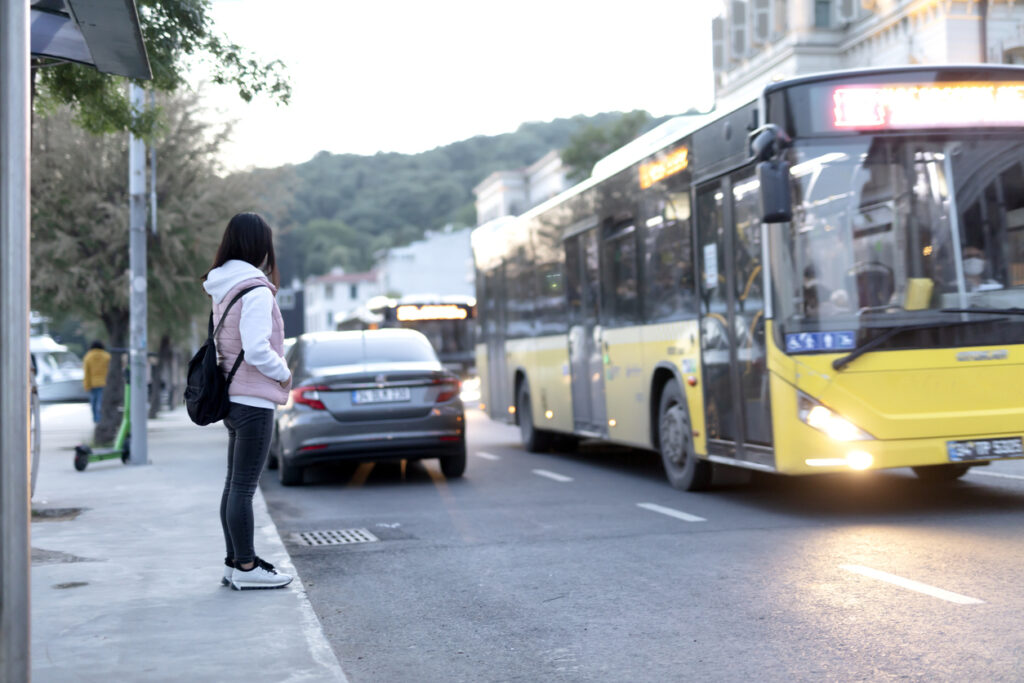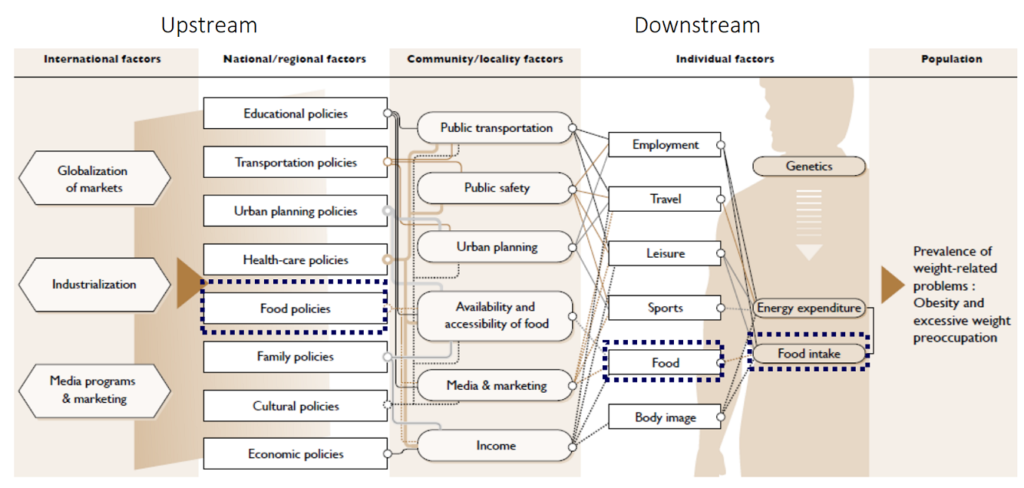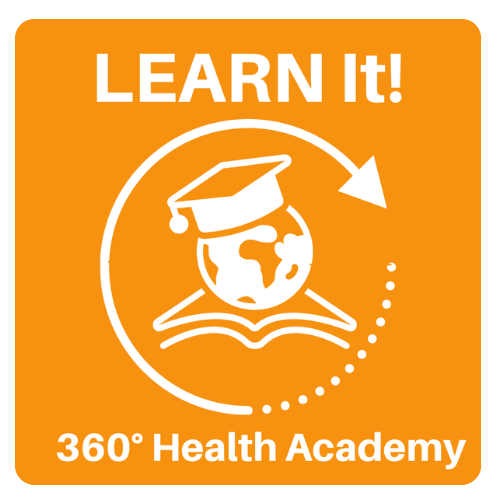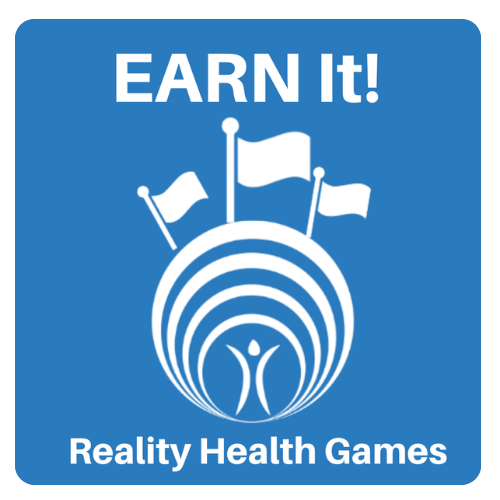Expanded Medicare Part D Low-Income Subsidy Begins January 1
The Centers for Medicare and Medicaid Services (CMS) Low-Income Subsidy (LIS) Program (also known as Extra Help) provides premium and cost-sharing assistance for low-income Medicare beneficiaries enrolled in Medicare Part D. The way this program operates will change with the new year.
- Currently: Medicare beneficiaries with income up to 135% of the federal poverty level (FPL) receive full financial assistance. Those with an income between 135% and 150% of the FPL receive partial financial assistance.
- On and after January 1: The Inflation Reduction Act (IRA) expands the full financial assistance to Medicare beneficiaries with income up to 150% of the FPL. Medicare beneficiaries who are eligible and enroll in the Medicare Savings Programs (MSP) are automatically eligible for the full LIS subsidies. Other Medicare beneficiaries have to apply via the Social Security Administration to obtain the extra help subsidies.
Providers are encouraged to assist their Medicare patients in applying for MSP coverage. Enrollment in an MSP automatically makes them eligible for full Part D LIS subsidies and the payment of Medicare Parts A and B premiums and cost-sharing.
The post Expanded Medicare Part D Low-Income Subsidy Begins January 1 appeared first on Pennsylvania Office of Rural Health.








